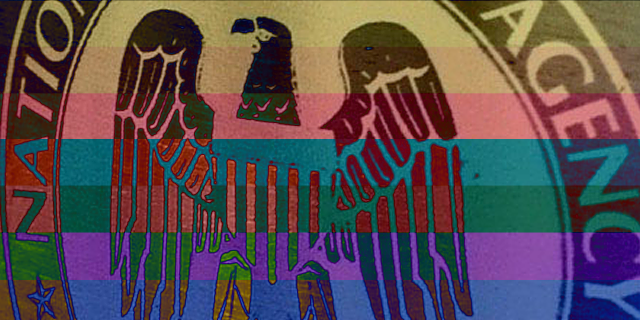POSTED: 12/04/2013 06:34:42 AM PST | UPDATED: 11 DAYS AGO
When the FBI slapped a mysterious "security risk" label on UC Santa Cruz researcher Haiping Su five years ago, it turned his life upside down.
On Thursday, Su, a Chinese national and U.S. citizen, will head to federal court in San Jose, looking to make the federal government pay millions of dollars for publicly revealing his national security status without giving him a chance to clear his name -- costing him his research role at NASA/Ames Research Center in Mountain View.
Given his heritage, Su considers himself collateral damage in an era when Chinese nationals often become prime targets of U.S. government efforts to counteract economic espionage, a source of major concern in Silicon Valley. Su likens his case to that of Wen Ho Lee, the Chinese scientist once accused of stealing U.S. nuclear secrets who later settled a privacy case against the federal government and media organizations for $1.6 million.
Su's unusual story will unfold before U.S. District Judge Edward Davila, who is conducting the trial without a jury over the next two weeks.
Su's suit is simple: He denies being a security threat, stresses that he never conducted security-sensitive research and claims his reputation was ruined when his NASA/Ames bosses revealed to his colleagues that the FBI had identified him as a security threat.
Su, through his attorneys, declined to comment. But in a deposition, the 51-year-old with a Ph.D. in agronomy testified that the disclosures clouded his life, leaving people with the impression "this guy must be doing something wrong."
"I'm every day been thinking I'm a security-risk person, labeled by people," he testified. "This is huge impact, and hardship to my family."
The U.S. Justice Department does not comment on pending trials. But in court papers, federal lawyers deny violating Su's privacy rights, and reject the argument that the disclosures harmed him, noting that he has kept his same job with UC Santa Cruz, securing raises and positive job reviews.
The government also argues it had a "significant security interest" in disclosing the information to NASA/Ames officials and colleagues to protect against security breaches at the center.
Su began agricultural research for federal projects in 2002, and was part of a NASA/Ames contract awarded to a UC Santa Cruz team in 2005. Court papers show that the FBI interviewed Su as early as 2003, although there is no public account of why he was later deemed a security risk; there are references, however, to Su's ties to China.
But the FBI sent a memo to NASA/Ames in 2008 telling Su's bosses that he was a national security threat, prompting the center to strip Su of his security clearance and bar him from the federal job site. This was a year after NASA/Ames honored Su for his work with other researchers aiding firefighters who battled major Southern California wildfires in 2006.
Su's case centers on the legal claim that NASA/Ames officials violated his privacy rights when they told dozens of his colleagues that he had been barred from the research center because the FBI declared him a security risk. This included a supervisor's remark, Su claims, that the colleagues should not "take money from a foreign government and then deny it."
Earlier in the case, Davila rejected the government's bid to dismiss the privacy claim.
"The court is at a loss to understand how Su would not have a legally protected privacy interest in an investigative determination by United States agencies that he is a security risk," the judge wrote in November.
"Su's privacy interest appears particularly strong given his Chinese heritage and (the) implication (he) took money from a foreign government."
Howard Mintz covers legal affairs. Contact him at 408-286-0236. Follow him at
Twitter.com/hmintz.








